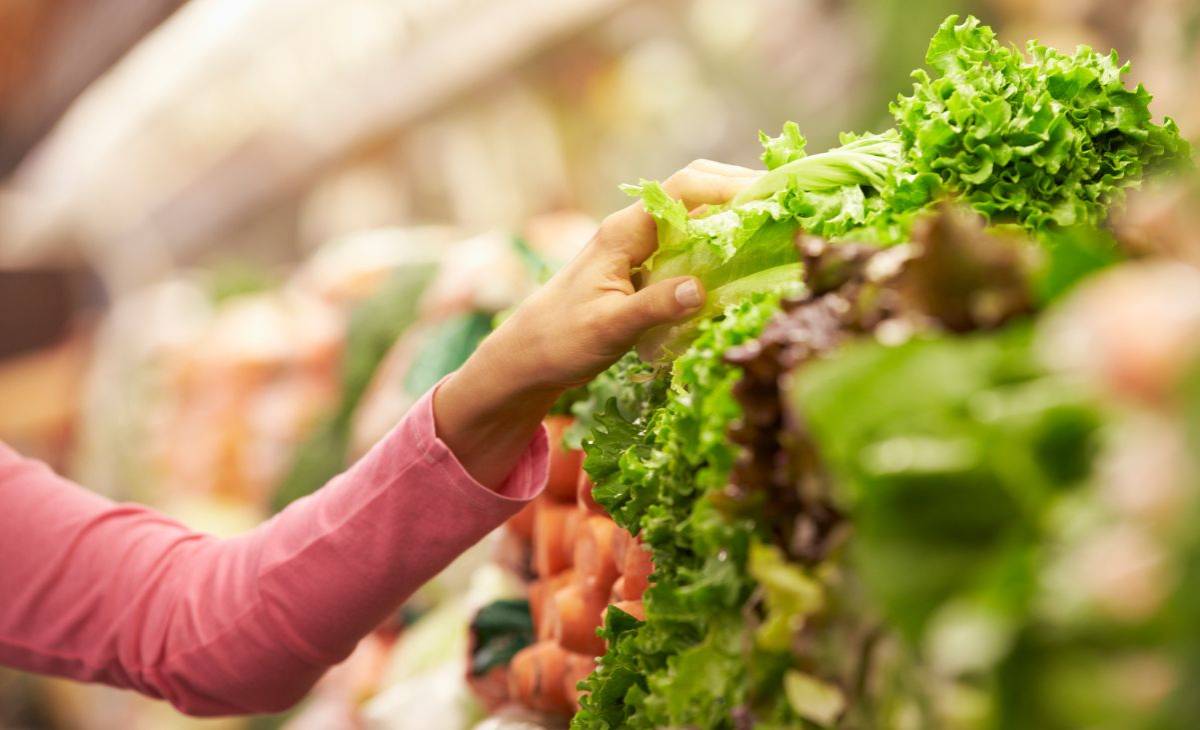Italian Supreme Court upholds conviction for supermarket selling pesticide-contaminated salads, mandatory random checks confirmed
In a recent ruling, the Court of Cassazione, the Italian apex of ordinary jurisdiction in Italy, has rejected an appeal by supermarket managers who were convicted for selling trocadero lettuce salad containing excessive levels of the insecticide formantanate hydrochloride. The defense argued that large-scale retail trade had fulfilled its duty by ensuring product traceability, compliance with food regulations, adherence to hygiene and HACCP standards, and the recall of at-risk products in cooperation with regulatory authorities.
However, the Court's extensive and reasoned verdict diverges from this standpoint, emphasizing the protection of consumer health. The Court firmly states that the existence of a control plan alone does not absolve the company or the responsible individuals at the point of sale from liability. It explicitly declares that conducting random checks is not merely an option but a legal obligation.
The Court notes that it is not uncommon for food products containing toxic residues from agricultural pesticide usage to be introduced into the market, as observed in the case under review. In light of this, the Court emphasizes that inadequate compliance with self-control measures is not enough. It stresses that random checks must be carried out to prevent the sale of products that pose health risks.
The Court's ruling sets a precedent, highlighting the importance of continuous vigilance in the food industry. Supermarket owners and managers must prioritize the well-being of their customers by actively conducting random checks to detect any potential contamination. Neglecting this duty may result in legal consequences, as demonstrated by the upheld conviction in this case.
This decision reinforces the legal responsibility of supermarkets to guarantee the safety and quality of the products they sell. While phytosanitary residue checks may fall under the jurisdiction of competent bodies and agricultural producers as private entities, the Court's ruling clarifies that supermarkets cannot solely rely on external controls. They must actively engage in independent monitoring.
The Court's verdict serves as a reminder to all stakeholders in the food industry, emphasizing the necessity of robust quality control measures. It underscores the importance of cooperation between retailers, regulatory authorities, and agricultural producers to ensure the compliance of food products with safety standards.
In light of this ruling, it is expected that supermarkets across Italy will enhance their self-control systems and prioritize random checks to identify and remove any potentially harmful products from their shelves.
As Italy takes a firm stance on pesticide contamination in food products, this ruling sets a precedent for other countries to prioritize the safety and quality of their food supply chains. The enforcement of mandatory random checks serves as a proactive measure to prevent and address potential health risks, ultimately safeguarding the well-being of consumers.
Source:






















